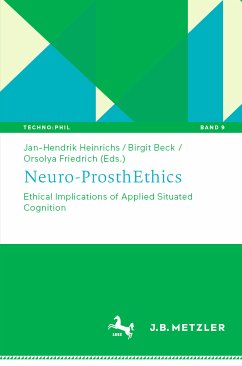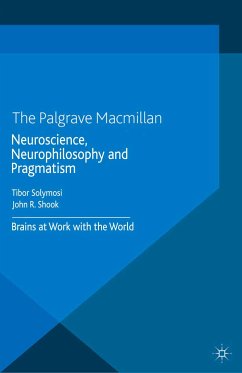This book explores the ethics of technology shaping how we think and act. Situated cognition theories have alerted cognitive scientists to the vast array of technologies interacting with our cognition and actions. Some of these technologies are deeply integrated with our bodies, some highly interactive. Some of their changes are gradual, others sudden and transformative. Some can revolutionize our cognition and actions. This book sheds light on the ethical implications of applying situated cognition theories to real-world situations, a topic that has received too little attention until now.
Dieser Download kann aus rechtlichen Gründen nur mit Rechnungsadresse in A, B, BG, CY, CZ, D, DK, EW, E, FIN, F, GR, HR, H, IRL, I, LT, L, LR, M, NL, PL, P, R, S, SLO, SK ausgeliefert werden.









